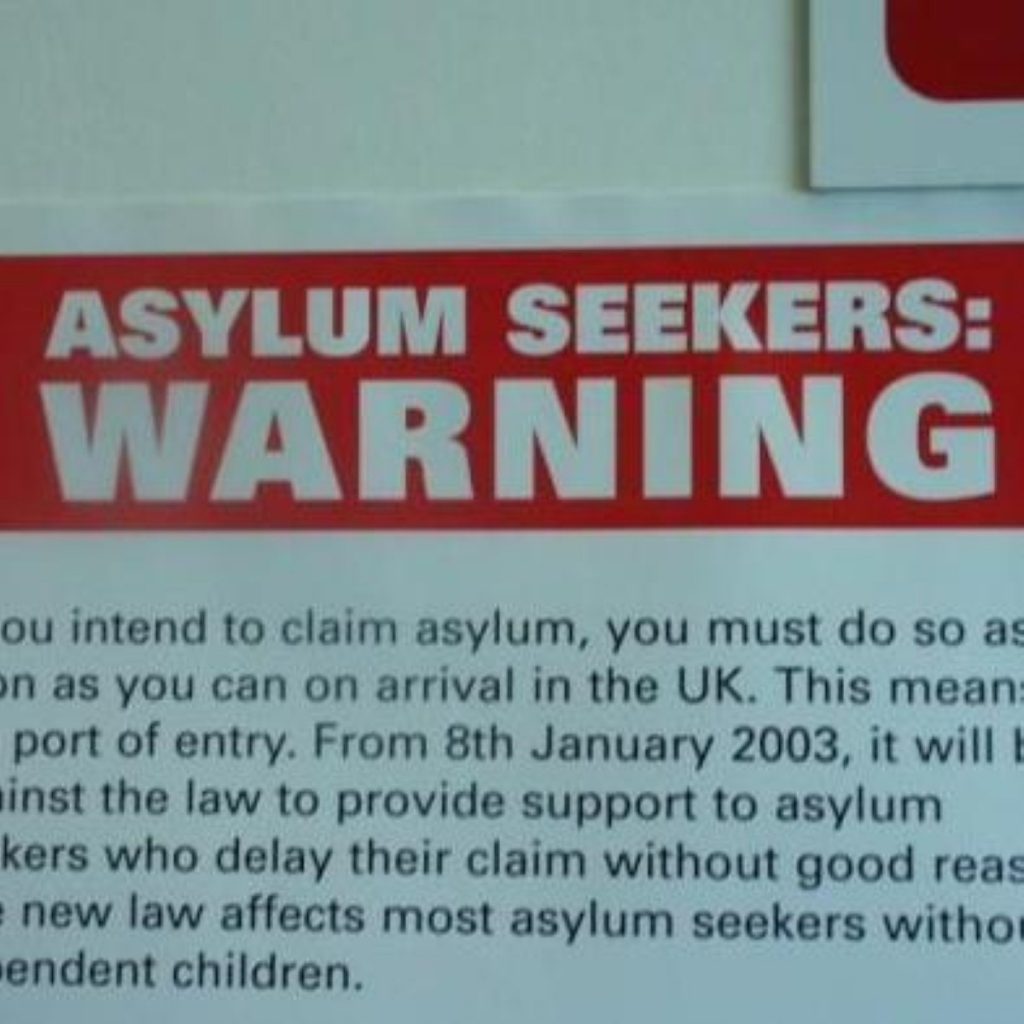Asylum seeker back-log doubles as new system fails
By politics.co.uk staff
The backlog of asylum seeker applications has more than doubled in over a year as the new model for asylum seekers fails to increase efficiency.
A new report published by the National Audit Office (NAO) found that there has been a massive increase in the backlog of decisions for applications and the interview process has not been properly administered.
The number of unresolved applications rose by 8,700 in the second quarter of 2008, more than doubling the backlog.


Tim Burr, head of the NAO, said today: “The UK Border Agency has to be sharper in gathering all relevant information as early as possible, translating it into good decisions and then speedily enforcing those decisions.
“There is a risk that a new backlog of unresolved cases will be created, adding to the existing backlog of ‘legacy cases’.”
The interview process used to asses an asylum seeker’s eligibility for asylum has also been criticised because it missed out vital information in a quarter of all cases.
The consequence of this means people are being detained longer than necessary and while many who should not be detained find themselves incarcerated.
There have been few removals of applicants with unfounded applications and for the year as a whole the removals were 20 per cent lower than unfounded application.
This massive difference was caused by the lack of detention space and problems obtaining emergency travel documents.
There was a rise in the proportion of cases being dealt with within six months, peaking above the target of 40 per cent in December 2007.
The new model was introduced by the Home Office in 2006 and means individual applications are managed by a single individual from start to finish.









